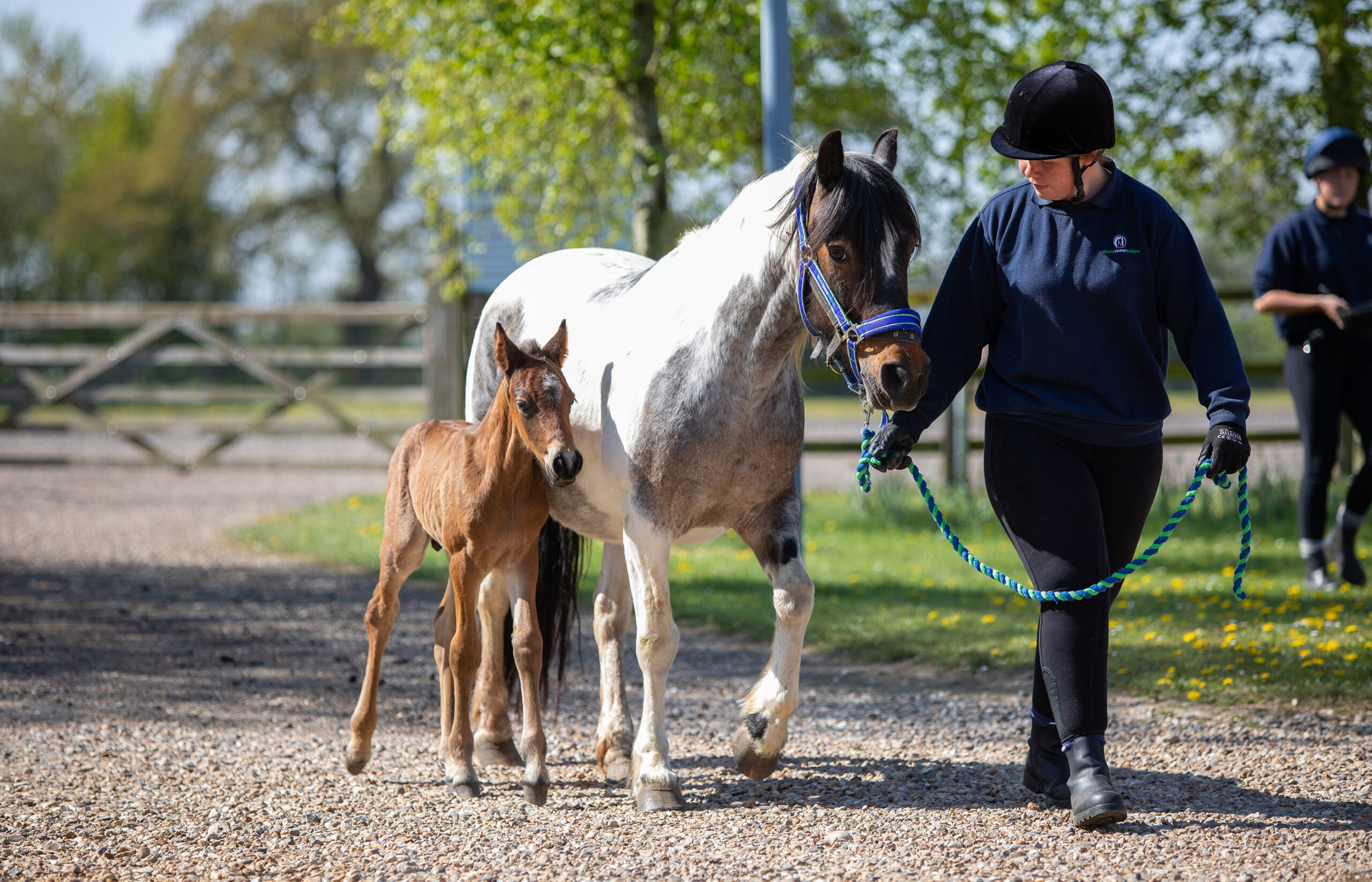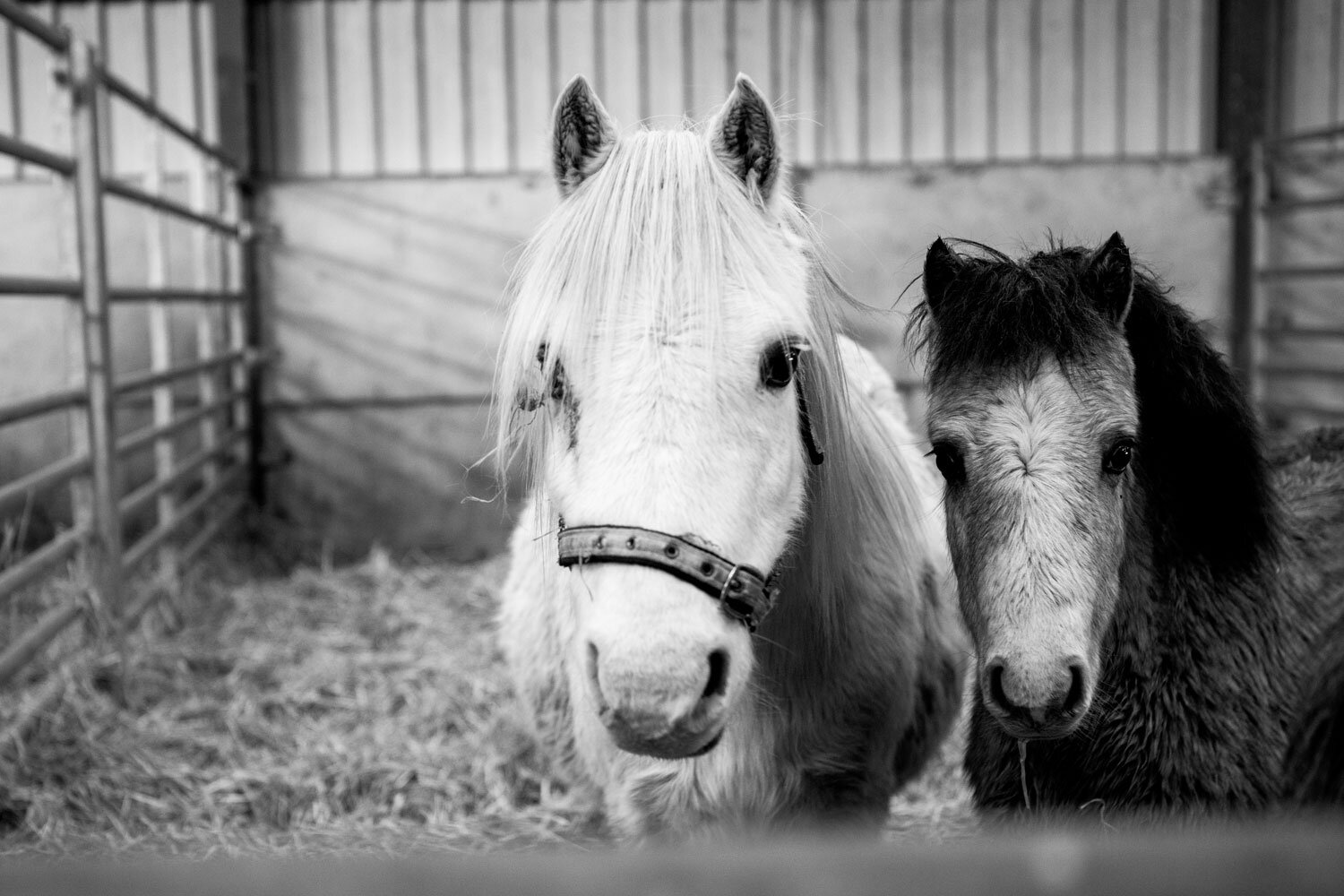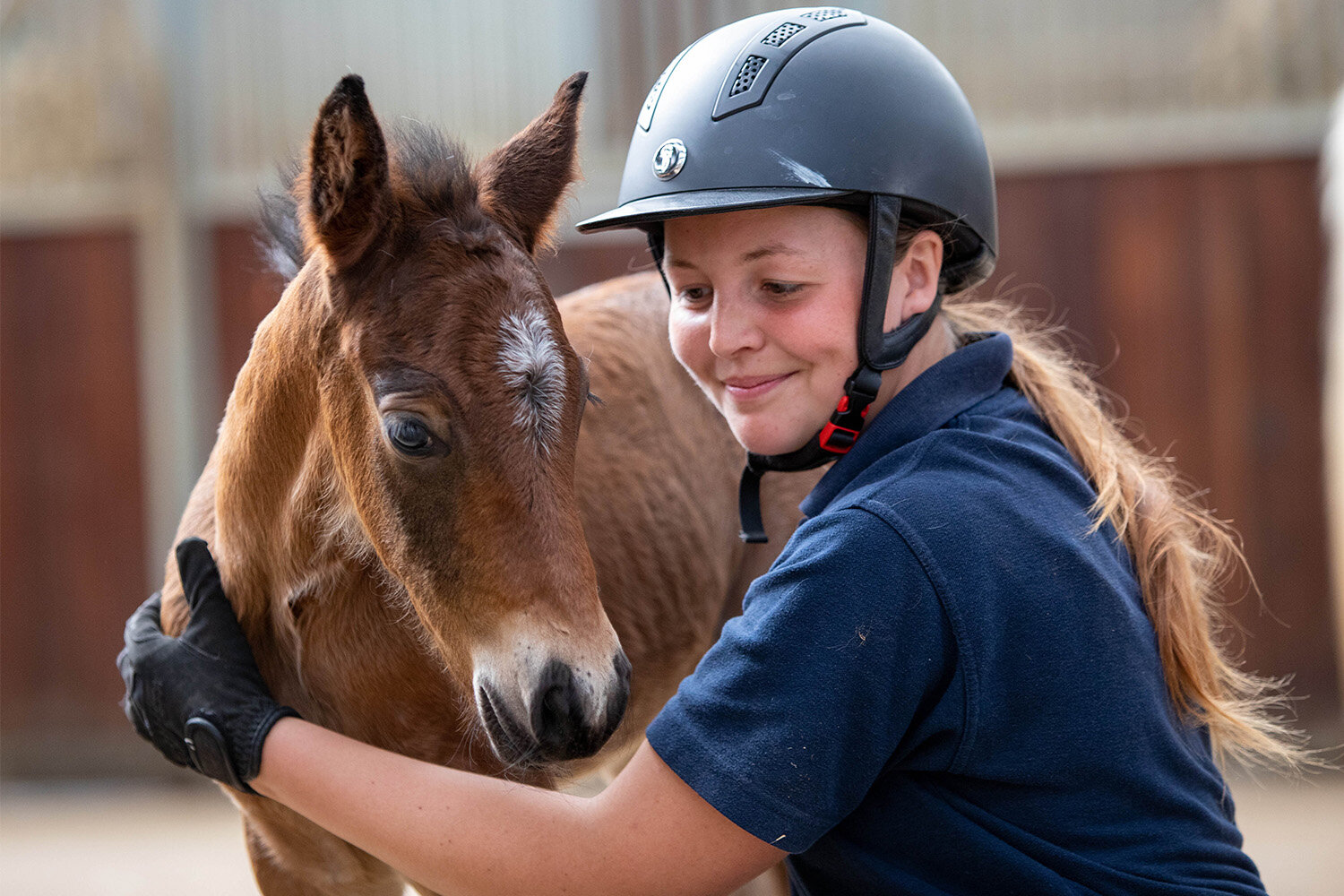Report into the effectiveness of the Animal Welfare Act: Our views
The report published today contains a number of recommendations which we strongly support and could be very positive for UK animal welfare.
Posted on 16/11/2016

Today a report from The Environment, Food and Rural Affairs committee into the effectiveness of the Animal Welfare Act was published. Whilst the headlines are focussed on the recommendation that the RSPCA should ‘withdraw from acting as a prosecutor of first resort where there are statutory bodies with a duty to carry out this role’, the report also contains a number of other recommendations which we strongly support and which could be very positive for the future of animal welfare in the UK.
These include:
Recommendation on the role of passport issuing organisations (PIO’s) in equine identification:
The equine identification system needs to be made much simpler with higher standards. We recommend that the Government systematically and significantly reduces the number of Passport Issuing Organisations, examining the possibility of establishing a single Passport Issuing Organisation.
Recommendation on the Central Equine Database:
Since the closure of the National Equine Database in 2012, it has been impossible to enforce the equine identification system. We are disappointed that the UK Government did not meet the EU’s deadline of 1 July 2016 for creating a new database. We expect the Minister to write to us to confirm that the database is working by 1 January 2017.
Recommendation on enforcement of the Animal Welfare Act by local authorities:
We recommend that the Government place a statutory duty on local authorities to enforce the Animal Welfare Act 2006. The Government must ensure that appropriate resources are made available to local authorities to support them in this extension of their statutory duties.
World Horse Welfare Chief Executive, Roly Owers, said:
“When World Horse Welfare gave evidence to the Efracom enquiry, we were very clear that this legislation needed to be better enforced by those with the power to enforce it. The RSPCA has long carried the burden of safeguarding animals under the Act – and that should continue not least because of their capacity and expertise – but the state too has a duty to enforce its own laws and the time to start is now, by making it a statutory requirement of local authorities, as the AWA intended, not just an option.“We are encouraged to see evidence given by World Horse Welfare and other welfare organisations has been recognised in the report’s recommendations including that local authorities should take on statutory requirements to enforce the Animal Welfare Act, and that Government should ensure they have the resources to do so.
“The Animal Welfare Act is a good piece of legislation but horses are currently being failed by lack of resources and political will to enforce it. We hope that Efracom’s recommendations will be taken seriously by those in the higher levels of Government and that we will see real, positive change to help safeguard the welfare of the many animals whose lives depend on it.”
You can find excerpts of the evidence we gave to the Efracom enquiry below:
- The RSPCA carry out almost all animal welfare investigations and prosecutions, with very few being carried out by the local authorities (Trading Standards) or police.
- Enforcement of the Act will not improve unless animal welfare is made a statutory duty for local authorities, rather than an optional one, and resources are made available.
- Our strong recommendation is that each county have dedicated inspectors to investigate and prosecute offences under the Act. Not only would this ensure more consistent enforcement of the Act, but it would help ensure there are competent individuals who can carry out their other animal-related duties such as inspecting licensed animal establishments. The equine charity sector can assist with expertise, stabling of prosecution horses, practical help and advice.
- Prosecutions should be a last resort after attempts to resolve welfare problems directly with the owner are unsuccessful or impossible. The RSPCA are performing a costly public service when undertaking these prosecutions under the Act as are welfare charities who care for the horses until the prosecution is complete, which can take two or more years, costing around £5,000+ per year per horse.
- This is in contrast with countries such as Ireland, where animal welfare charities can receive grants from government to support their animal welfare legislation and in Germany where local governments run their own shelters or contract animal welfare organisations to do so.
- Sentencing is too lenient, and bans are not enforced. Magistrates need better guidance on sentencing and ownership disqualification (imposing bans), as these are far too lenient (usually one to two years; recently only a six-year ban was imposed on a third conviction). However, even bans are not enforced unless welfare charities actively monitor the individual or new offences under the Act are committed.
- Magistrates also need guidance on the use of section 20 of the Act which should enable organisations who are given custody of horses to take ownership before the prosecution is complete. Magistrates tend not to understand this provision and rarely grant it, despite the onus this puts on the animal welfare charities which can provide the animal with only basic care during the course of the prosecution. This means that stallions cannot be gelded thus requiring charities to keep them separate from other horses at increased expense.
Topics
Related News

Agria become our Lead Centenary Corporate Partner
"Agria is so proud to be partnering with World Horse Welfare and supporting the invaluable work they do to for the welfare of our equine friends.”
Recommended Blog Posts

Why do horses come into our care? Is that the only successful outcome of a case?
Chief Field Officer Claire Gordon explains how horses and ponies can come into our care for all kinds of reasons and from all kinds of situations.

Post Olympic reflections on equestrian sport
We all have the power and the responsibility to move towards more ethical and evidence-based equestrianism.

The senior horse: nutrition in sickness and in health
Find out more about the key considerations when caring for older horses, whether in work or retired and whatever their health status.
Enjoy reading stories like this?
Join over 55,000 other horse lovers and sign up for our email newsletter

Join over 55,000 other horse lovers and sign up for our email newsletter
Sign me up now
